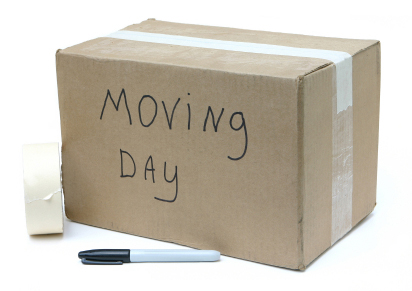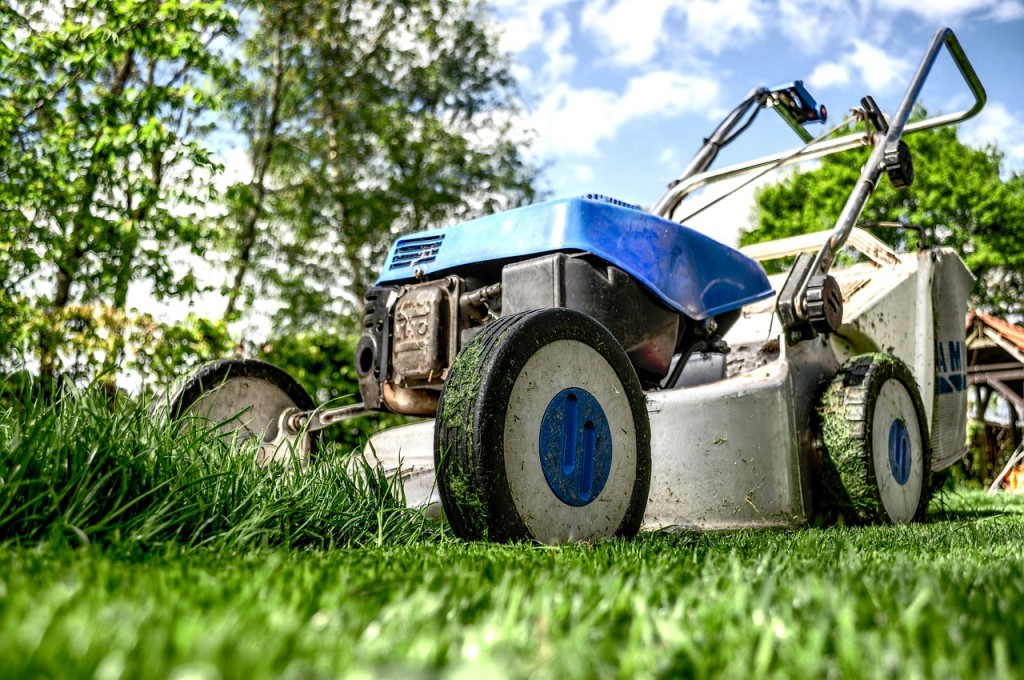Whether you’re hosting your first Thanksgiving celebration or you’ve lost count how many times you’ve opened your door and table to family and friends, one thing is for certain…without a good plan in place Thanksgiving dinner can get away from you in a hurry. We have some excellent Thanksgiving entertaining tips to keep your kitchen running smoothly and allow you to mingle with your guests and enjoy the day.
Plan your menu. Figuring out what dishes and how much food you’ll need is the first step in planning a great Thanksgiving celebration. Whole Foods recommends that you’ll need about one and a quarter pounds of turkey per person, one starch, one vegetable, and one dessert each per every five people.
Get ahead. Do the majority of your prep work and basic cooking the day before. Things like stuffing, potatoes, soups, and casseroles can all be made ahead of time and reheated about thirty to forty minutes before you’re ready to serve. Use bag, pre-washed greens to easily prepare your salads. To ensure your turkey is complete thawed before cooking, set it in the refrigerator at least forty-eight hours before cooking.
Outsource. Your guests will most likely want to contribute to the meal so take them up on the offer. Ask guests to bring their favorite side dish, dessert, or beverage. Contributions from your guests can really help bring the spirit of the first Thanksgiving to your table.
Keep it simple. Sure you could go all out with beautiful, hand craft tablescapes but who has time for that? Keep your decorations simple and understated. If you don’t want to spend hour over the kitchen sink hand wash dishes, skip the fine china and go for dishwasher safe dishes or if you dare, disposable plates and flatware.
Entertain your guests. Some families enjoy eating their turkey meals in front of the big screen watching football while others enjoy soft music playing in the background. Whatever your guests enjoy, make sure there is plenty of it. If the weather is cooperative spread the festivities out so your guests aren’t crammed and you have plenty of room to work in the kitchen. And don’t forget the kids, provide them with a space of their own and some activities to keep them busy.
We wish you and your family a safe and festive Thanksgiving Day celebration!






